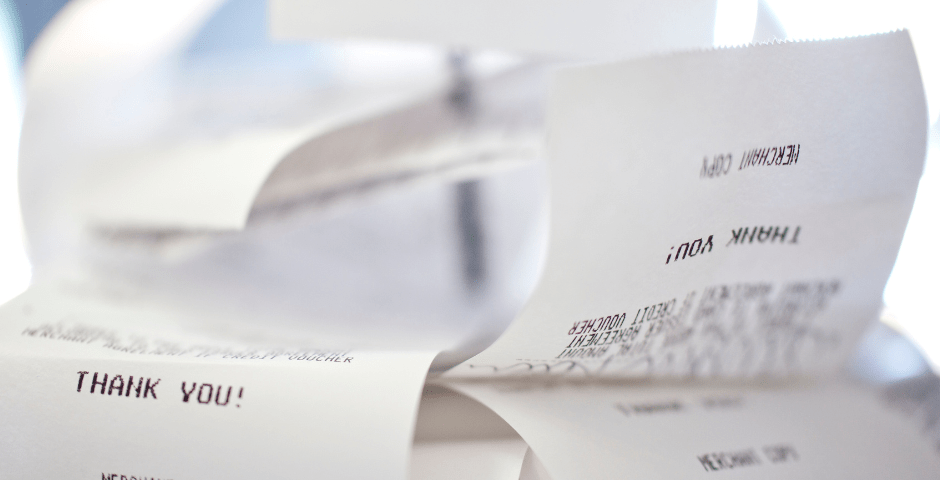Limit Touching Receipts!

Leave The Leaf
November 20, 2024
What is the Bacteria Behind Recent E Coli Outbreaks?
November 25, 2024- Accident doctor
- accupuncture
- airplane headache
- alzheimer's
- best habits
- Brain Injuries
- car accident
- car accidents
- cervical strain
- colds
- concussion
- Concussions
- disc bulge
- dosage meds
- dry needling
- dull pain
- E bike injuries
- florida
- good posture
- headaches
- Headrest positions
- Headrest positions after an accident
- Healthy choices
- Healthy flying
- healthy gift guide
- Healthy SPring Ideas
- hip pain
- hyperextension
- injury doctor
- insurance
- Kayaking
- kentucky
- kids motion sickness
- lifestyle
- motion sickness
- neck injury
- no fault insurance doctor
- noise healing
- osteoporosis
- pain symptoms
- pink noise
- posterior chain
- posture
- prevent osteoporosis
- Rest
- Scoliosis
- shoulder pain
- Stress with kids after a motor vehicle accident
- TBI
- tips
- tmj
- torn muscle
- Traumatic Brain Injury
- trigger points
- VitaminD
- What are Post Traumatic headaches?
Should You Limit Touching Receipts
No matter where you go, if you are purchasing something, chances are you handle a receipt without giving it much thought. I am Dr. Aaron Workman of Chambers Medical Group, one of the highest rated car accident medical care establishments in Kentucky, and I will tackle the concerns related to receipts. Should you limit touching receipts?
I have handled so many receipts in my lifetime it would be impossible to take an estimated count. I never considered it a possible health risk but as goes everything, an accumulation of a little bad can lead to a whole lot of problems over a lifetime. Research suggests that touching receipts might not have been as harmless as it seemed, but has that changed over the last decade?
The Paper and Problem
Most receipts are printed on thermal paper, which was coated with a chemical called bisphenol A (BPA) or sometimes bisphenol S (BPS). These chemicals are used to help the paper show printed text when exposed to heat. Constant exposure to BPA and BPS can affect the body’s hormones. This exposure, over a long period of time could lead to potential health risks.
When you handle a receipt, small amounts of BPA or BPS can transfer from the paper to your skin. If you touch your face, eat, or do not wash your hands after handling, these chemicals can enter your body. Over time, exposure to high levels of BPA has been linked to issues such as hormonal imbalances, fertility problems, and an increased risk of certain cancers.
A study published in the Journal Environmental Pollution 2023 showed a reduction since 2017 in usage of BPA containing receipts and an increase in both BPS and non-bisphenol alternatives. The larger companies were more likely to be using bisphenol-free alternatives. The smaller businesses had significantly decreased use of BPA but were still using BPS. The data shows in 2017 close to 93% of receipts contained BPA and BPS with 18% containing BPA. In 2022 the amount is closer to 86% of primarily BPS and another 14% of non-bisphenol alternatives.
Receipts and Your Skin
Food packaging and plastics such as the water bottles we purchase have contained BPA over the years but BPA in receipts is much easier to get into the skin. If your hands are wet or greasy, even more BPA may be absorbed. This would be of more concern to those handling receipts every day, all day long, such as cashiers.
Alternatives
Thankfully, we have progressed to more digital forms of receipts, but I still have a tendency to print mine when shopping. I like to take those receipts and stuff them in my wallet and never look at them again. Now that I know better, I will go with digital. If I must have a receipt, I will limit the time it is in my hand, wash my hands with soap and water if need be and avoid using hand sanitizer before getting a receipt as it can increase absorption of BPA into the skin.
Receipts might seem harmless, but they can and have carried hidden risks that are worth knowing about. By reducing contact with receipts and choosing safer alternatives, you can protect your health and hopefully eliminate another source of harmful lifetime chemicals from getting into our body. Although the trend is now moving away from BPA, we cannot ignore all the years we have slowly allowed this substance into our bodies because we just did not know better.
— This article is written by Aaron Workman, DC, one of the members of Chambers Medical Group’s team of car accident chiropractors who offer a variety of treatments and therapies ranging from diagnostic testing to various soft tissue therapies for car accidents and injuries in Kentucky.
- Car Accident Medical Clinic in Tampa
- Car Accident Medical Clinic in Plant City
- Car Accident Medical Clinic in Brandon
- Car Accident Medical Clinic in Lakeland
- Car Accident Medical Clinic in Sarasota
- Car Accident Medical Clinic in Louisville
- Car Accident Medical Clinic in Lexington
- Car Accident Medical Clinic in Florence




